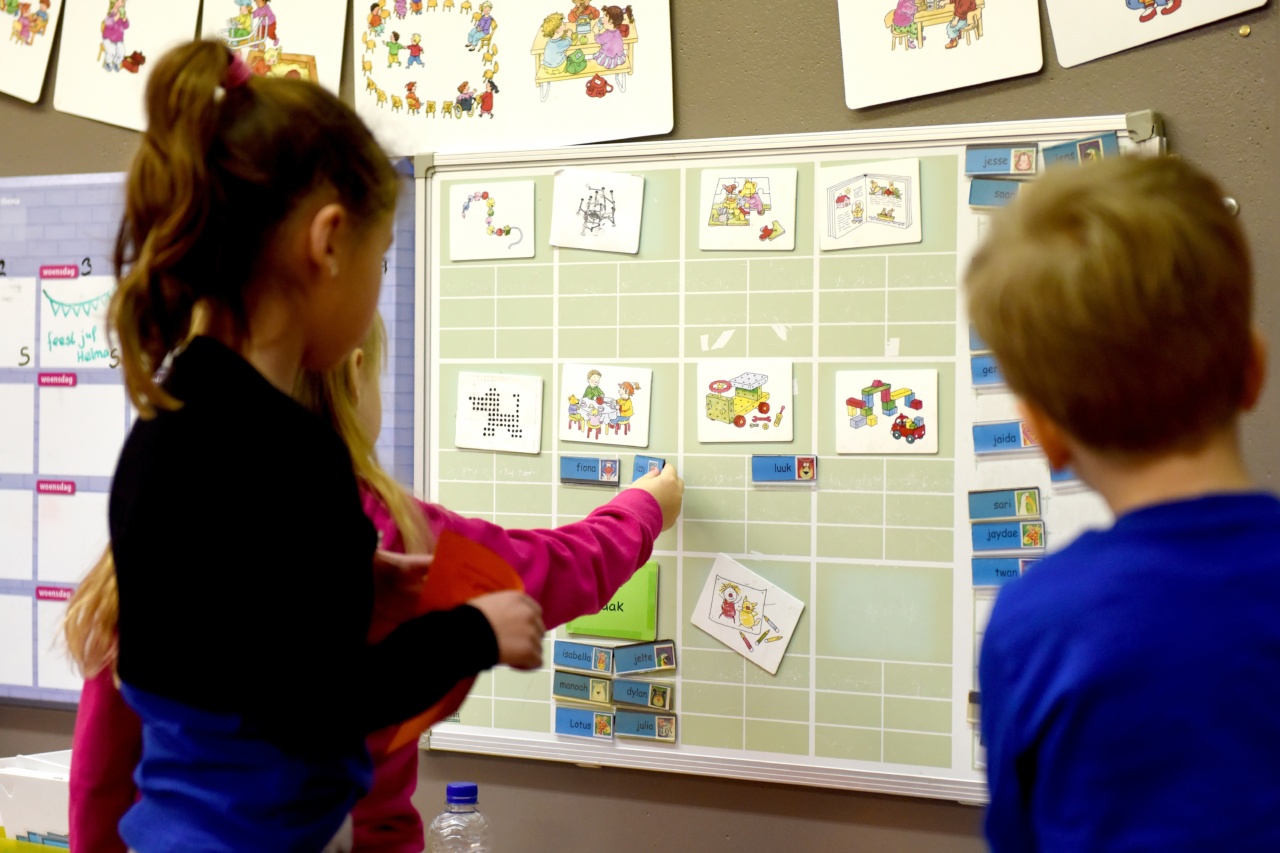Choosing the right school for your child can be a daunting task. It’s one of the most important decisions you’ll make as a parent, and it can have a significant impact on their future.
There are several factors to consider when selecting a school that will meet your child’s needs and provide them with a high-quality education.
Location
The location of the school is an essential factor to consider. You want to ensure that the school is easily accessible for both you and your child.
A school that’s too far away from your home can mean that your child will spend a lot of time commuting each day, which can lead to fatigue and negatively impact their learning. It’s also worth considering the school’s proximity to other important amenities such as doctors’ offices, parks, and community centers.
Curriculum
When choosing a school, it’s important to consider the curriculum on offer. Some schools may have a traditional curriculum that focuses on the core subjects such as English, math, and science.
Other schools may have a more holistic approach that includes music, art, and drama. Consider your child’s interests and learning style when making this decision. It’s also worth researching the school’s academic achievements and any notable student successes.
Class size
The size of the classes can have a significant impact on your child’s learning experience. Smaller classes allow for more individual attention from the teacher and a more personalized learning experience.
On the other hand, larger classes can provide opportunities for socializing and learning from peers. When touring schools, observe the classroom dynamics and ask questions about the average class size and student-to-teacher ratio.
Teaching style
Every teacher has a unique teaching style, which can affect how well your child responds to instruction. Consider the teaching style of the school and its teachers.
Some schools may have a more structured approach, while others may encourage independent learning. Ask about the school’s approach to discipline, homework, and assessments, and ensure that it aligns with your values and goals for your child.
Affordability
The cost of tuition and other associated expenses can be a critical factor when it comes to choosing a school. Private schools can be expensive, but they may offer more resources and opportunities than public schools.
It’s important to consider your budget and how much you are willing to spend on your child’s education. Research financial aid and scholarship options, and don’t be afraid to ask the school about any available assistance programs.
Extracurricular activities
Extracurricular activities can enrich your child’s learning experience and provide them with opportunities to explore their interests. Consider the types of activities offered by the school and whether they align with your child’s hobbies and passions.
Some schools may have a wide range of clubs and sports teams, while others may have a more limited selection. It’s also worth researching the school’s history of success in these areas and any notable alumni.
School culture
The school’s culture is a crucial factor that can affect your child’s experience in and out of the classroom. Consider the school’s values, beliefs, and attitudes towards education and student behavior.
Research the school’s disciplinary policy and the way in which it handles instances of bullying, harassment, and other related issues. Consider touring the school and speaking to the staff and other parents to get a sense of the school’s culture.
Facilities and resources
The quality of a school’s facilities and resources can have a significant impact on your child’s learning experience. Consider the condition of the classrooms, libraries, and laboratories, as well as any technology or equipment available.
Research the school’s budget for maintaining and upgrading its facilities, and whether it has any partnerships or collaborations with local organizations.
Community involvement
Community involvement can be a crucial factor in a school’s success and your child’s experience.
Consider the school’s relationship with its local community, whether it has any partnerships with local organizations, and whether it encourages parent and family involvement. A school that has a strong relationship with its community can provide your child with more opportunities for real-world learning and civic engagement.
Accessibility
Finally, accessibility is a crucial factor that can affect your child’s experience in school. Consider the school’s accessibility for students with disabilities, as well as any accommodations or resources available.
Ensure that the school has a comprehensive policy for accommodating students with different needs, and don’t be afraid to ask for further information.





























